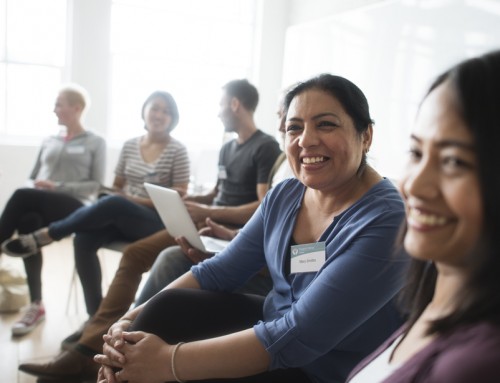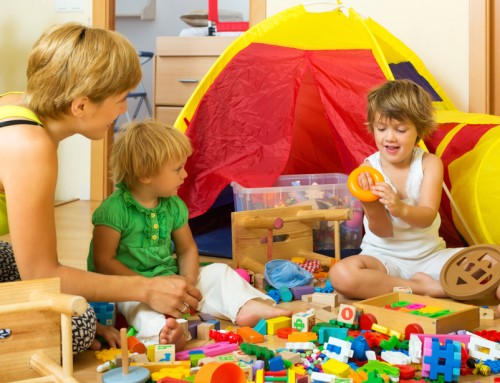Project Description
Challenge
A person’s genome could contain useful information about their risk of autism spectrum disorder, but how should genome sequencing be used in diagnosis, genetic counselling and patient management? What treatments and follow-ups should come after what kinds of test results? And how should these very complex and sometimes ambiguous results be conveyed? How can one develop “best practices” to maximize the chances that genome analysis helps rather than harms children and their families?
Project Summary
As part of the network’s ASD Demonstration Project , Dr. Stephen Scherer, in collaboration with Autism Speaks, held a 2010 workshop intended to guide optimal approaches to incorporating genomic discoveries into a diagnostic screening. Parents, adults with ASD, doctors, researchers and biotechnology-industry people all weighed in.
They discussed the importance of making sure the genetic information that’s sought and shared does hold the potential to make a positive difference to families and of weighing those benefits against the psychological impact it could have on them. Another challenge is to help families interpret this information accurately and constructively. To this end, the ASD team and core knowledge-translation team at KBHN worked with parents and doctors to gain a deeper understanding of how both groups experience the communication of whole-genome sequencing results.
Result
Their learnings—along with those generated by other workshops and consultations—lay the groundwork for clinical-practice guidelines and briefs addressing critical ethical and policy issues. More importantly, research associates were present at each clinic to help interpret reports and counsel families and to communicate genetic findings in the most helpful way possible to the subjects participating in KBHN’s ASD studies.
Team
Investigators
Project Leaders
Lonnie Zwaigenbaum, University of Alberta
Stephen Scherer, University of Toronto
Co-Investigators
Peter Szatmari, McMaster University
Eric Fombonne, McGill University
Michael Brudno, University of Toronto
Sal Carbonetto, McGill University
Anne Marie Craig, University of British Columbia
Krista L. Hyde, McGill University
Alan Evans, McGill University
Evdokia Anagnostou, University of Toronto
Geoff Hall, McMaster University
Susan Bryson, Dalhousie University
Isabel Smith, Dalhousie University
Wendy Roberts, University of Toronto
Jessica Brian, University of Toronto
Joanne Volden, University of Alberta
Pat Mirenda, University of British Columbia
Anthony Bailey, Warneford Hospital
Tracy Vaillancourt, University of Ottawa
Fiona Miller, University of Toronto
David Nicholas, University of Calgary
Bridget Fernandez, Memorial University
Collaborators
Andrew Paterson, The Hospital for Sick Children, Toronto
John Vincent, Centre for Addiction and Mental Health
David Stellwagen, McGill University Health Centre
Margot Taylor, Holland-Bloorview Kids Rehabilitation Hospital, The Hospital for Sick Children, University of Toronto
Larry Tuff, McMaster Children’s Hospital, Hamilton Health Sciences
Eric Duku, McMaster University
Marc Woodbury-Smith, McMaster University
Mandi Steinman, Montreal Children’s Hospital
Keith Goulden, Glenrose Rehabilitation Hospital
Margaret Clarke, Child Development Centre, Calgary
Charlotte Waddell, Simon Fraser University
Veronica Smith, University of Alberta
Partners
Applied Biosystems
Illumina Inc.
DNA Genotek Inc.
NIH Autism Sequencing Consortium
Ontario Research Fund GL2 grant for autism genomics
Women and Children’s Health Research Institute
Sinneave Family Foundation
Autism Speaks Canada
Autism Research Training Program







